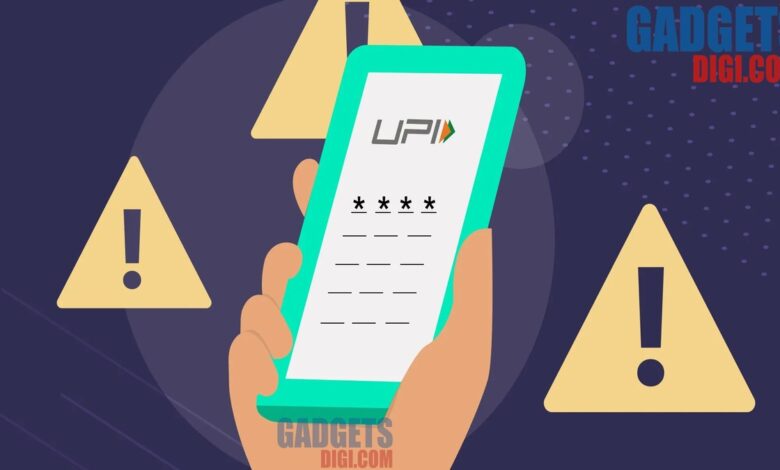
The Unified Payments Interface (UPI) has transformed the landscape of digital transactions in India. With UPI, transferring money is as straightforward as sending a text message, making everyday transactions simpler for everyone — including fraudsters.
Due to the instant and smooth nature of UPI transactions, cybercriminals take advantage of this system, facilitating the theft of funds from online bank accounts without requiring banking credentials.
Through various social media observations, we have pinpointed some of the most prevalent tactics employed to siphon off money via UPI. Here’s an in-depth look at these scams along with strategies to safeguard your hard-earned money.
You are not required to input a UPI PIN to claim your prize money.
Have you received a call stating that you’ve won a significant amount in a lucky draw, with the funds to be sent through apps like PhonePe or Paytm (which use UPI)? The caller might request your UPI PIN to “verify” the transaction. Do not be deceived. You should never need to enter your UPI PIN to receive funds. This PIN is only necessary when you are sending money, not when you are receiving it. Sharing it could lead to losing your money instead of gaining any prize.
A person you don’t know mistakenly sends money to your account and is requesting its return? This could be a scam.
Have you received a notification indicating that a significant amount has been credited to your account, followed by a phone call from someone asserting that the transfer was made in error? This individual might ask you to return a part of the funds, claiming it’s for urgent needs such as medical expenses or educational fees. Before you feel compelled to help, ensure that the money has genuinely been deposited into your bank account. Scammers frequently employ fraudulent text messages to mislead you into believing a deposit has occurred and to coerce you into returning the so-called “mistaken” funds.
Exercise caution with counterfeit UPI applications
Deceptive apps such as FraudPay and imitation Paytm versions are in circulation, and some of these fraudulent UPI applications are so sophisticated that they can scan genuine QR codes and show a “payment successful” alert. Nevertheless, the transaction is not legitimate. Always confirm that the funds have been deposited into your bank account before accepting any payment notification. Do not depend solely on a message displayed on your screen from the sender.




